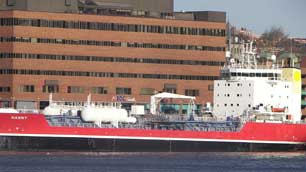Norwegian Arctic wilderness tourism hit particularly hard by coronavirus
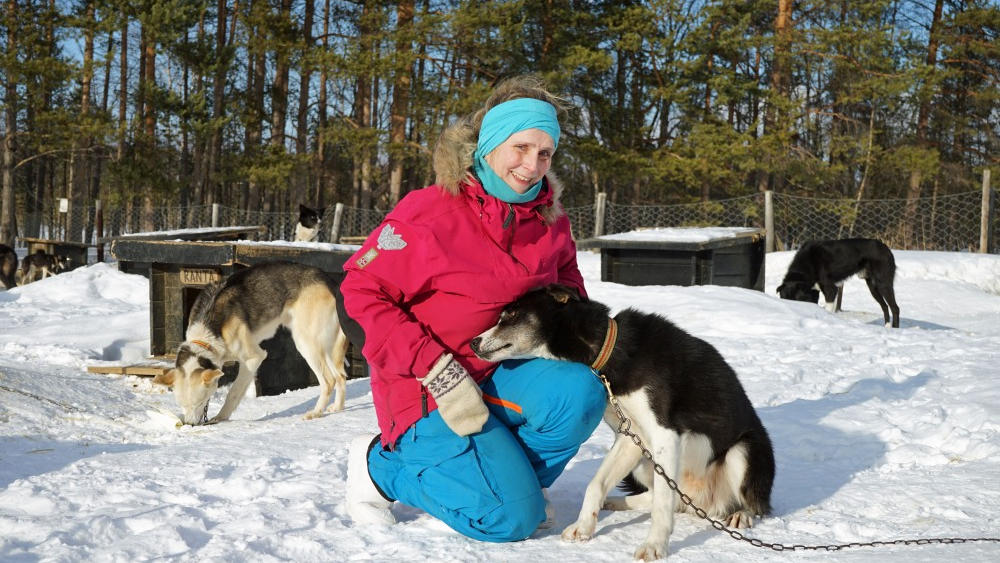
Trine Baddari and her family spent years building the BIRK husky as a successful wilderness brand in the Pasvik valley. Coronavirus puts its future at stake.
Northern lights, dog sledding, wilderness winter-camping, unique bird watching, local food and accommodation in wooden huts. A true recipe for building an Arctic adventure destination.
BIRK husky is built stone by stone since Trine Beddari decided to live the dream back in 2004.
It started with a lavvu, some few dogs, local food recipes, not least to mention the location: Right on the border to Russia on the edge of the endless taiga forest inside the Arctic Circle.
Like most other remote northernly located nature adventure companies offering dog sledding, BIRK husky is family-owned, and not backed by mainstream tourism investors.
“We were fully booked for the rest of the winter,” Trine tells.
Then came March 12th with Norway’s coronavirus lockdown.
“Everything was turned upside down from one day to another. All bookings had to be canceled.”
Borders were closed. Planes were grounded. Even domestic travelers were put in quarantine.
The lodge in the Pasvik valley has visitors from around the globe. 90% of the tourists at BIRK husky are from outside Norway.
“The last two of our six season-workers left yesterday,” Trine tells while grooming the husky dogs.
Working as a nature guide is highly attractive. This year, BIRK husky had two Germans, two British, an Austrian and one from Spain. Overnight tours with the huskies for small groups in freezing cold require skilled guides.
Income vanished overnight
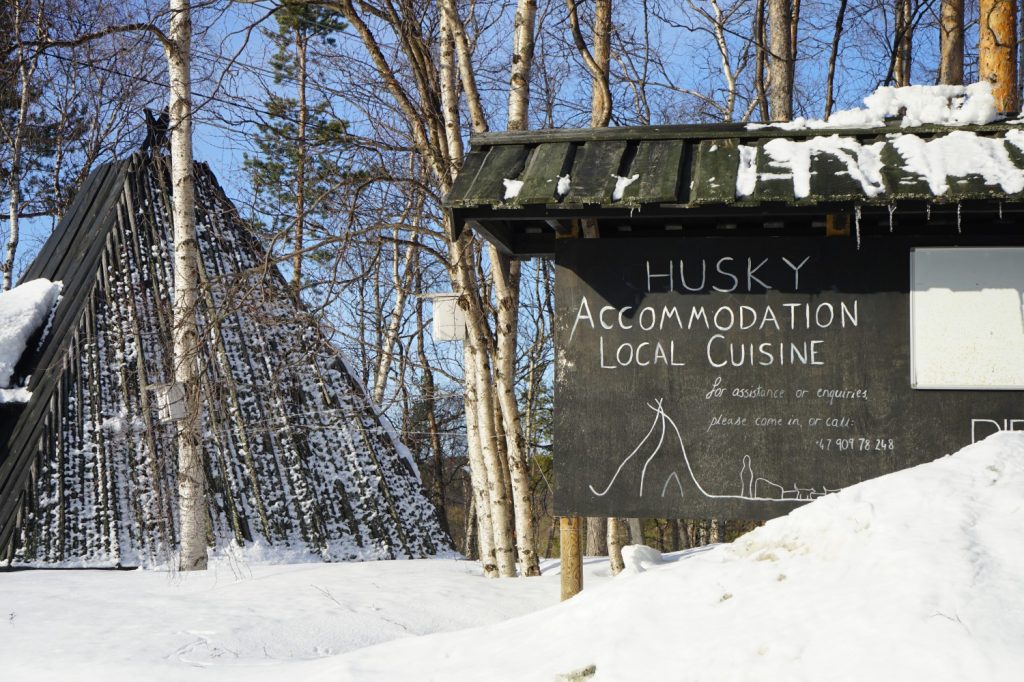
Expenses are running while income is gone.
“The dogs need food, veterinary costs money and the electricity bill still comes,” Trine smiles but admits that she is tired. “The last two weeks have been extreme.”
Food and veterinarians for the dogs cost about 100,000 kroner (€8,700) annually.
She has now started online fundraising to be able to feed the dogs. 44 husky sled dogs eat a lot. The response has been overwhelming.
“In the first few hours, we got in enough to buy dog food until summer.”
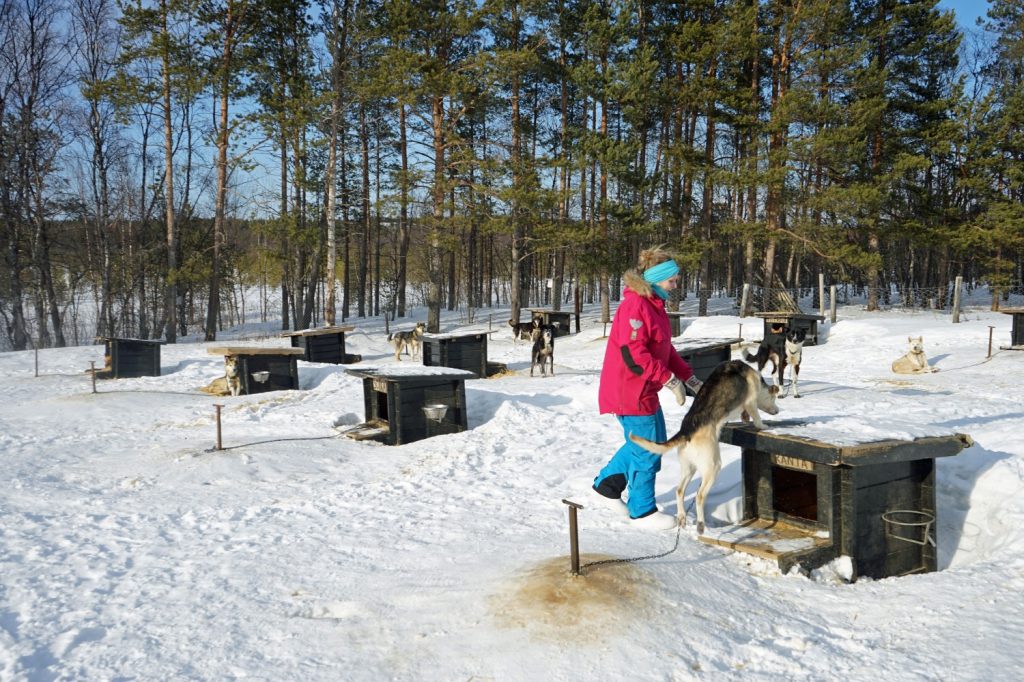
BIRK husky has also offered people in the local community to borrow a dog or two. As “new family members” for a period of time.
The first four husky dogs have already “went on vacation.”
A recent survey made among 880 member companies in the Norwegian Hospitality Association paints a grim picture of the situation in the tourism business.
Two out of three companies say they are on the brink of bankruptcy.
Nearly 80% of the companies have laid off between 76% and 100% of their employees.
The ongoing coronavirus pandemic is inevitably having an enormous impact on the travel industry.
Many of the small family-run businesses in the Arctic are in the same situation as BIRK husky. They fear the coronavirus could put an end to what everyone believed was the prosperous alternative for the growing number of travelers tired of mass-tourism.
Post-coronavirus possibilities
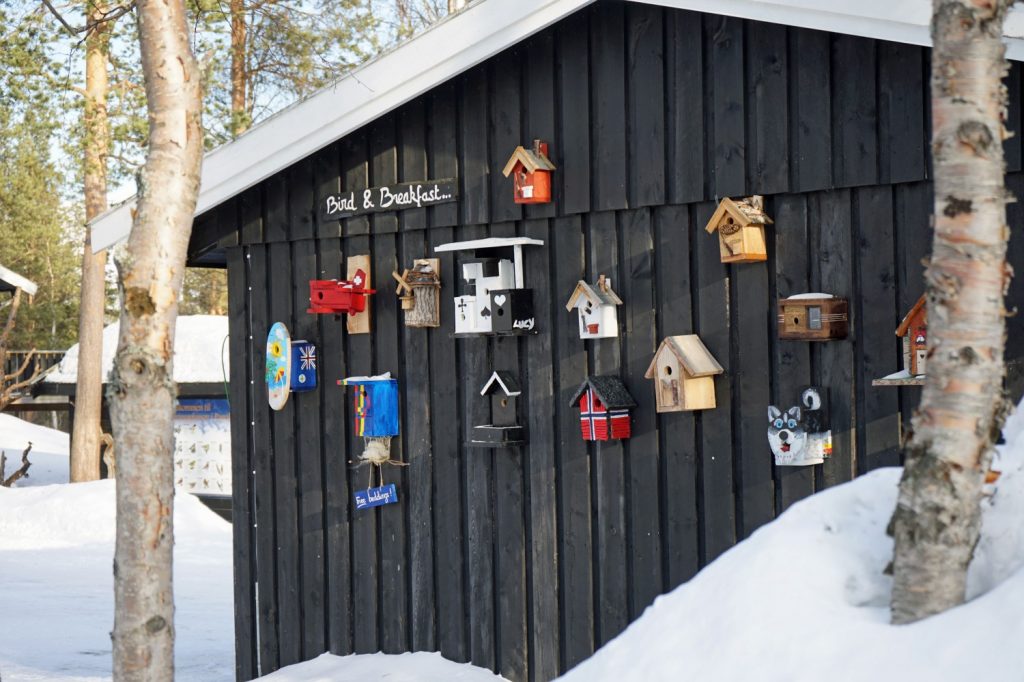
The dogs are impatient and eager to run again.
“I will not give up,” Trine Beddari assures.
“Nobody knows how long this will last. Hopefully, we are up and running as normal by next winter season.”
“Maybe tourism in post-coronavirus times will be extra attracted towards wilderness nature,” she adds.
“Our peaceful little corner of the world is maybe what more travelers are looking for.”
At BIRK husky, deep into the taiga forest in the Pasvik valley, distancing from huge crowds of people is at least not a problem.
Related stories from around the North:
Arctic: Roundup of COVID-19 responses around the Arctic, Eye on the Arctic
Canada: Arctic Canada: Yukon tourism operators brace for impact of COVID-19 this summer, Eye on the Arctic
Finland: Finns continue with ski holiday plans despite travel advisory, Yle News
Greenland: COVID-19: Arctic science expedition postpones flight campaign after trainee tests positive for virus, Eye on the Arctic
Norway: Scandinavian airlines cancel thousands of flights and lay off most of their employees, The Independent Barents Observer
Russia: Concern over coronavirus outbreak impacts tourism in northern Europe and Arctic Russia, The Independent Barents Observer
Sweden: Why are Sweden’s politicians taking a different tack for coronavirus?, Radio Sweden


